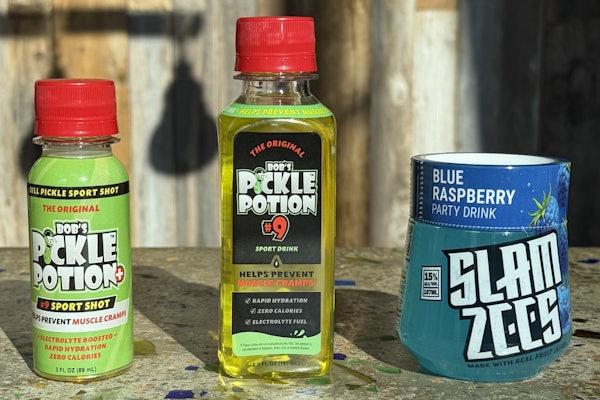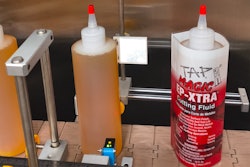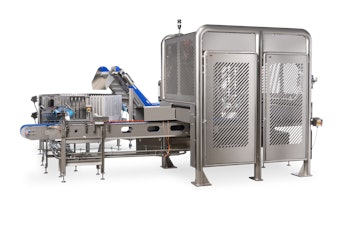Read the full Annual Outlook Report workforce article free at Packaging World for more insights.
Matt Reynolds: I would argue that within the skilled worker designation, but possibly even beyond that, higher than that, would be maintenance technicians who actually not just run the machines, but make sure the machines keep running and are able to either schedule downtime or handle downtime when unforeseen downtime occurs. These people are integral to any packaging operation as well. So what did you learn there about the hiring outlook for maintenance techs?
Casey Flanagan: Yeah, so I looked at these separately in my survey questions separate from the operators to see how how things were looking different in the maintenance technician side. I found a similar rate of difficulty in hiring this type of worker compared to compared to the operators.
40% are finding it very difficult. So it's a pretty comparable number to the skilled operator. 32% find it somewhat difficult. So at the total of 72% of respondents facing challenges in hiring maintenance technicians.
But something that I thought was really interesting was among the people who aren't hiring this type of worker; that was about one fifth about 20% and nearly half of those who are not looking to hire this type of worker are relying on their OEM service technicians for this type of work. And it was the other half that was not looking for other reasons, but there's quite a lot that are looking to their OEM for help.
Matt Reynolds: OK, so, the OEM is a resource that and whether that's part of the contract, you know, sort of six months or 12 months of support, or it could just be an ongoing aftermarket type of support. But the OEM, you're saying that CPG should be looking at their OEM suppliers, especially in areas where they're having a lot of trouble, you know, hiring or retaining these service techs to lean on that supplier and be able to extract value from that side.
Casey Flanagan: Exactly. Yeah. And [Brian Stepowany, senior manager of packaging R&D at B&G Foods] gave some great insight on this, on why this might be happening right now. And he pointed to advancing automation and how much more complex this machinery is getting. So as things get more complex, CPGs, he says, just might not want to get into the weeds with that type of technology. It's expensive to break, you know, like it's a it's something that is going to be hard to get a technician in that is capable of doing that.
And he said he's noticed less reliance on in-house fabrication at companies. So as there's more laser cut parts, things like that, that your in-house guy, he might retire and you don't rehire that position and instead you start looking to your OEM for help.




![Pt Hands On Training 1080x1080px 20250704 05[30]](https://img.packworld.com/mindful/pmmi/workspaces/default/uploads/2025/07/pt-hands-on-training-1080x1080px-20250704-0530.nJrgXSPcVF.jpg?auto=format%2Ccompress&fit=crop&h=167&q=70&w=250)



















